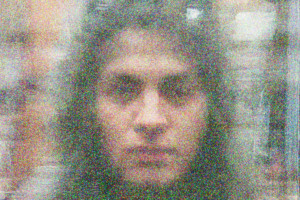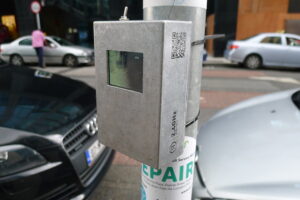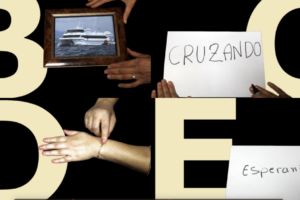Dive into the universe of “Déjà-vu,” Damien Petitot’s video installation, a striking introspection on surveillance in public space. Confront yourself with the impact of emerging technologies like facial recognition and machine learning. It’s an invitation to examine our relationship with devices that watch us, often without our knowledge.
The piece welcomes you with an interactive mirror screen, where a discreet camera analyzes your face, assessing age, gender, emotions, and ethnic origin. Transforming this data into live-generated images, it reveals to us how algorithms perceive us, questioning the formation of visual stereotypes.
Damien challenges us: are we simplified into clichés through the gaze of observing machines? “Déjà-vu” dares you to consider how surveillance shapes our lives, emphasizing the importance of privacy and awareness of the stakes of personal data processing. A call to reflection on identity and self-perception in the digital age.


